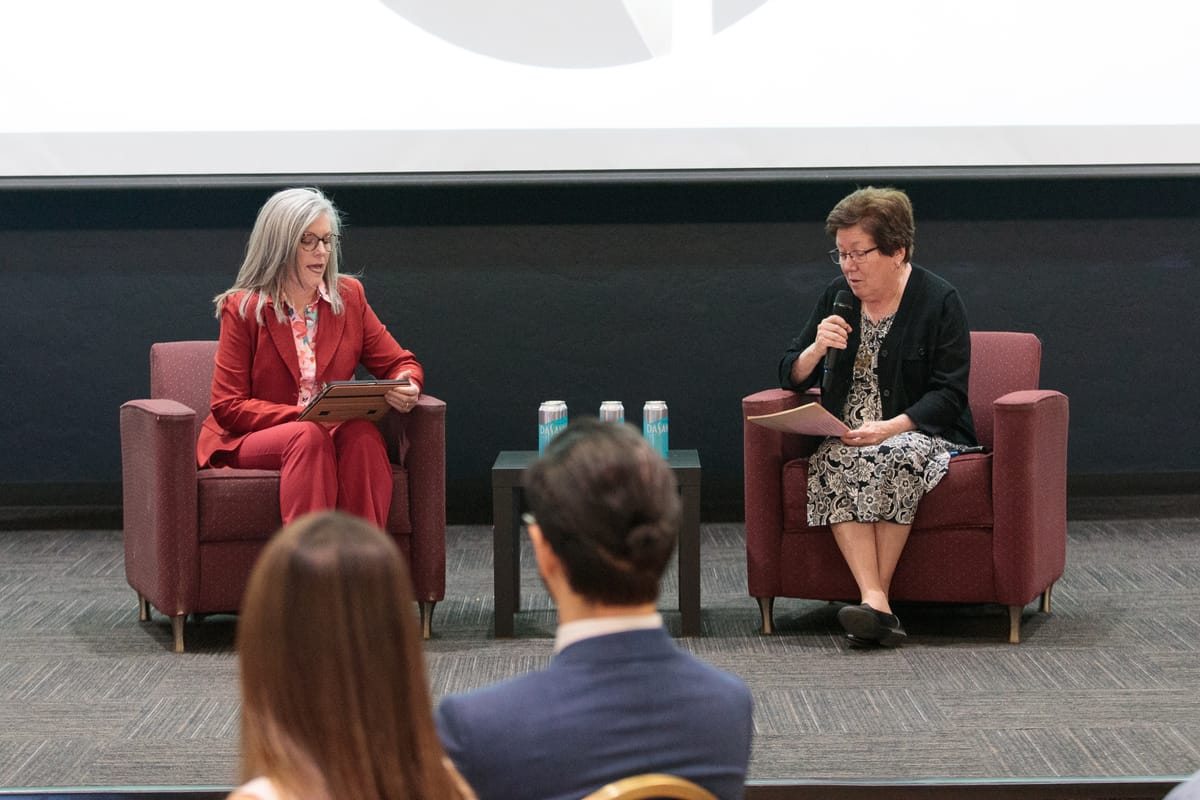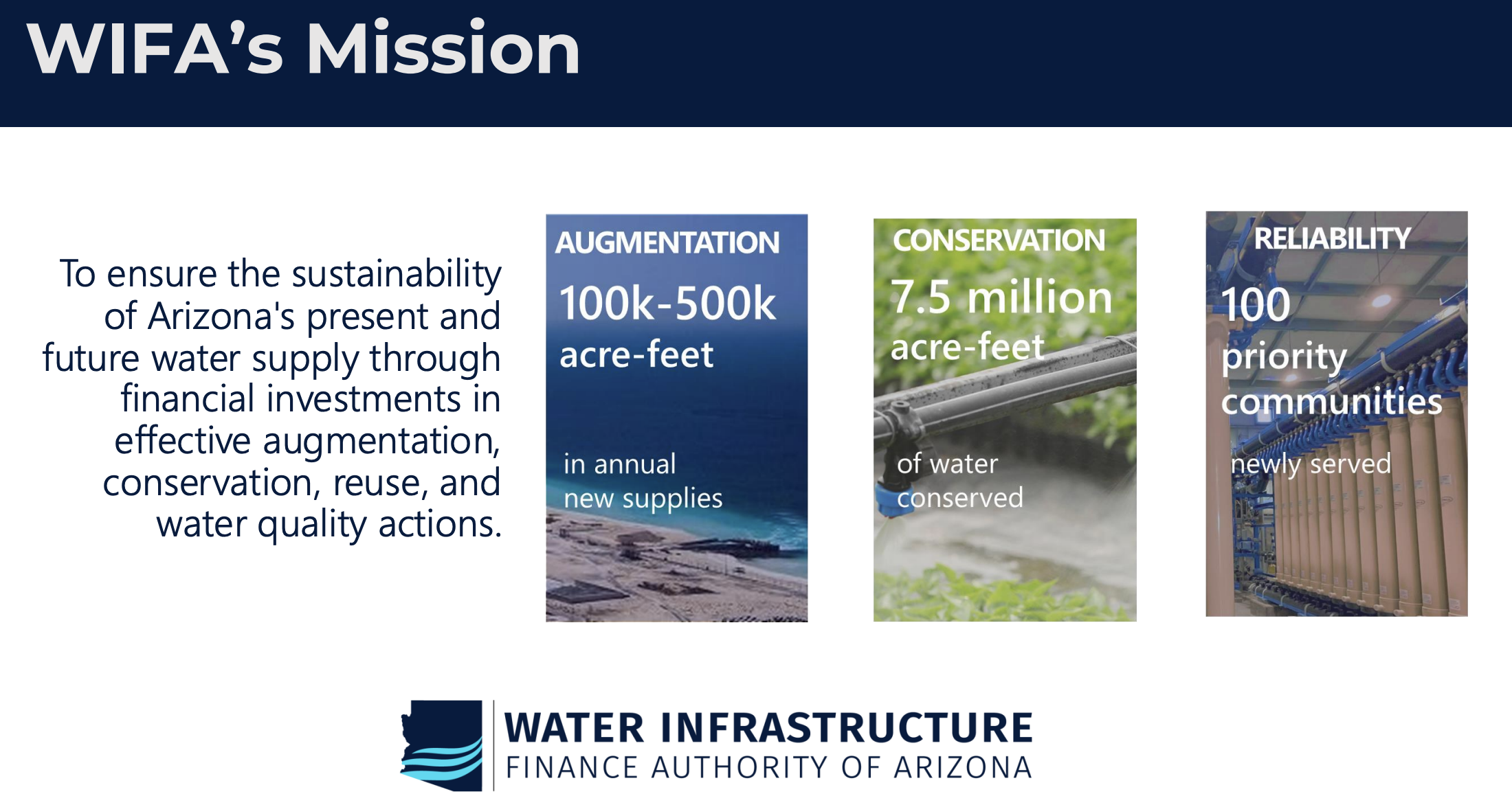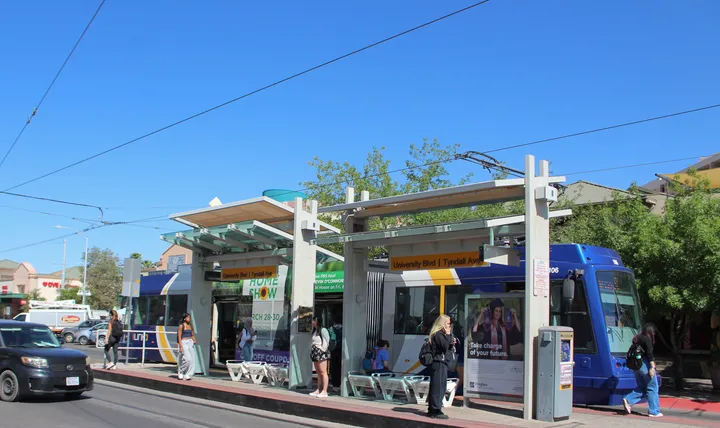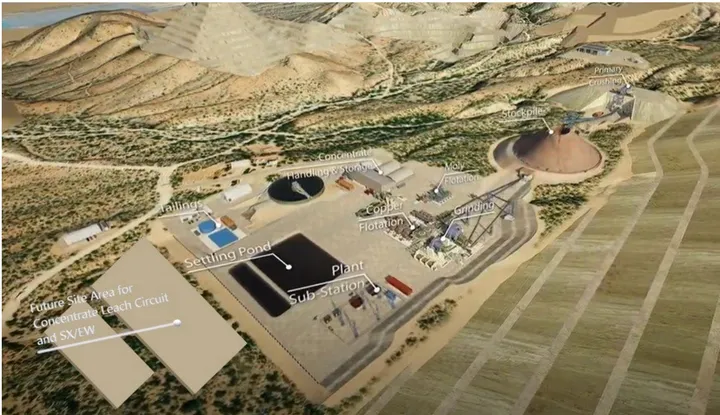Arizona expands water security with new funds and reforms
Arizona leaders are advancing water security through new funding, rural policy reforms, and infrastructure projects as key 2026 water agreements near expiration.

As Arizona stares down an uncertain water future with key agreements set to expire in 2026, state leaders are racing to secure new sources, fund innovative infrastructure and pass bipartisan reforms aimed at keeping taps flowing, especially in rural communities most at risk.
“Rare water is a resource that crosses lines and boundaries and requires collaboration and perseverance to see where everyone here is contributing to our passion and has a set shared border,” Arizona Gov. Katie Hobbs said during the University of Arizona’s 2025 Water Resources Research Center conference last month.
This year, Hobbs and her water policy council introduced a rural draft reform bill that has received bipartisan support from officials.
“This proposal will provide increased flexibility for our rural communities with significant water savings,” she said.
Additionally, Hobbs said she has invested $19.6 million in protecting rural groundwater and launched the Arizona Smart City game plan across Phoenix to improve infrastructure, enhance quality of life and address additional challenges.
“I’m excited and we’re striving towards working together to build that plan, focusing primarily on water quality initiatives,” she said.
The Water Infrastructure Finance Authority, or WIFA, is an independent state authority tasked with funding construction, rehabilitation, acquisition and water improvement projects in Arizona. The organization is governed by a board of nine directors appointed by the governor and legislative leadership.
“We are essentially a state-run bank that specializes in water infrastructure,” said Judah Waxelbaum, chief legislative liaison for WIFA.
Operating for 30 years, WIFA originally used money from the Environmental Protection Agency for clean water infrastructure. But in 2022, the group split from the Arizona Finance Authority into an independent agency.

Since the split, WIFA has created three new funds: the Water Conservation Grant Fund, the Water Supply Developing Revolving Fund and the Long-Term Water Augmentation Fund — all designed to address water security.
Water augmentation is the process of securing additional water from other sources, such as improving existing reclaimed water, collecting rainwater or transporting water from other areas for recreational or municipal use.
“When our board got together to decide what kind of agency we want to be, this is what we thought our main priorities were going forward in the next few years,” he said, adding that WIFA plans to allocate 500,000 acre-feet a year to augmentation and 7.5 million acre-feet to conservation and reliability. “We’ve been doing a wonderful job reaching out to as many communities as possible so we can get to people who truly need our help.”
With the Long-Term Water Augmentation Fund, which is in its first phase, 75% of the funds must be spent on out-of-state supplies, Waxelbaum said.
WIFA partnered with the White Mountain Apache Tribe to build out their drinking water supply as part of the Water Supply Developing Revolving Fund.
Additionally, the Salt River Project is partnering with the Central Arizona Project to create the SRP-CAP Interconnection Facility Project as a way to enhance water management within the Phoenix area.
“So CAP water connects with our systems,” said Michael Mendonca, senior director of water strategic services for the Salt River Project.
The Salt River Project, founded in 1903, is the largest water supplier in Phoenix. The nonprofit organization manages 13,000 square miles of watershed and 2,800 square miles of electric service.
The interconnection project allows for more water movement and flexibility in delivery. Mendonca said the project operates on federal grants and includes 13 nonfederal partners.
“We must implement a more sustainable path forward, and we must do it in a way that is equitable, where Arizona does not bear the cost of all of these water losses that are critical to the success of Arizona’s future,” Hobbs said.
Arilynn Hyatt is a journalism major at the University of Arizona and Tucson Spotlight intern. Contact her at arilynndhyatt@arizona.edu.
Tucson Spotlight is a community-based newsroom that provides paid opportunities for students and rising journalists in Southern Arizona. Please support our work with a paid subscription.



